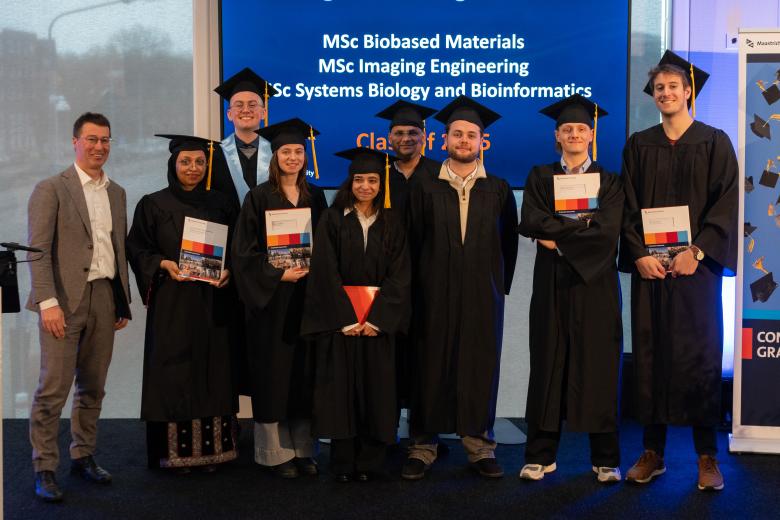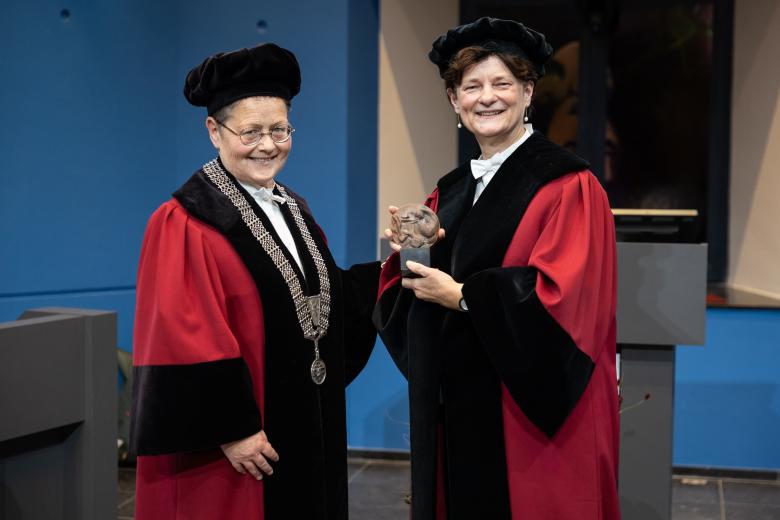Millionaires are happy to give
Millionaires are more generous than previous research has suggested, according to a study of more than six hundred Dutch millionaires. In the study, millionaires were given one hundred euros to donate, with or without interacting with the recipient. This is the first time the experiment was conducted among real millionaires who actually gave the money away. The results are published today in the academic journal Proceedings of the National Academy of Sciences (PNAS).
Of the one hundred euros the millionaires were allowed to donate to low-income individuals, 71.40 euros was the average amount actually donated, with 45.6% donating the full amount. Meta-analyses of more than one hundred similar studies, which is known as the ‘dictator game’ and is carried out around the world with students and CEOs, revealed a much lower average donation of just 28.40 euros and only 5.4% of participants donating the full amount. This means millionaires tend to donate more than other game participants, which is the opposite of the image most people have of ‘greedy rich people’. The recipient’s income also plays an important role: the experiment included a group of millionaires who could choose to donate their share to another millionaire. The average donation amount for this group was 49.61 euros.
Negotiation position makes millionaires less generous
In another experiment, known as the ‘ultimatum game’, recipients with low incomes played an active role: they could choose whether or not to accept the amount offered by the millionaire. This forced the millionaire donor into a negotiation position, which had a significant impact on their giving behaviour. One would expect the donor to make a higher offer out of fear of rejection by the recipient (and to save face); however, this negotiation position actually made the donor less generous. The strategic consideration of the fear of rejection was less important than the behavioural change triggered by the donor being forced into negotiation mode.
Practical lessons
According to the researchers, Paul Smeets, Rob Bauer (both SBE) and Uri Gneezy (University of California), charitable foundations and private bankers can learn some valuable lessons from the study. The experiment revealed that millionaires are far more generous when they are in a giving mode and not confronted with a counteroffer. The lesson for charities is that they should not set a minimum donation amount, while the lesson for private bankers is that they should make a clear distinction between charity and investments when advising their client-investors.
The millionaires who participated in this experiment were clients of ABN AMRO MeesPierson, ABN AMRO’s private bank. The recipients were selected by the independent research agency Flycatcher, from a panel of low-income Dutch citizens.
Full publication title: Giving Behavior of Millionaires, Paul Smeets, Rob Bauer & Uri Gneezy, Proceedings of the National Academy of Sciences.
Also read
-
Green school playgrounds boost concentration and wellbeing
Children at schools with green playgrounds are better able to concentrate and display more social behaviour. This is the conclusion of a follow-up study within the long-running project The Healthy Primary School of the Future .
-
Ron Heeren appointed fellow of the Netherlands Academy of Engineering
Professor Ron Heeren, distinguished university professor at Maastricht University (UM) and director of the Maastricht MultiModal Molecular Imaging Institute (M4i), was appointed as a fellow of the Netherlands Academy of Engineering (NAE) on Thursday 11 December.
-
Prof. dr. Mirjam oude Egbrink awarded MUMC+-medal
During her farewell lecture on Friday, 28 November, Prof. Mirjam Oude Egbrink was awarded the MUMC+ medal by Dean Annemie Schols for her distinguished career.